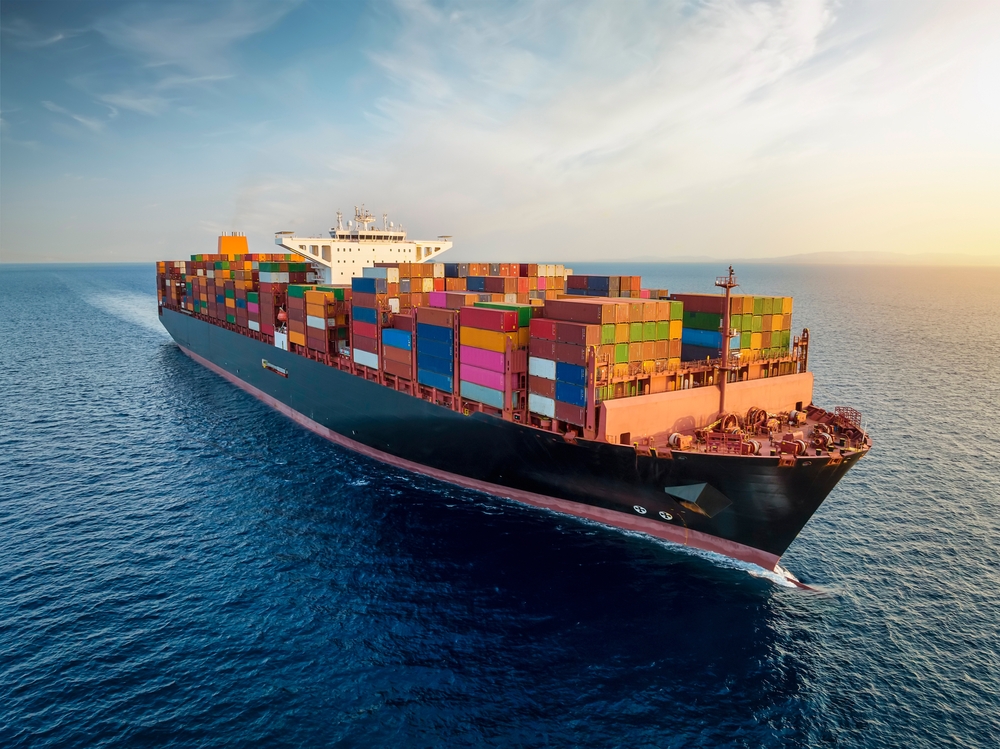AI in Supply Chain Management
How AI is transforming supply chain management for better efficiency and cost savings.

AI in Supply Chain Management: Turning Complexity into Competitive Advantage
Introduction
Supply chains have always been complex — a web of vendors, logistics, production schedules, and customer expectations. But today, the margin for error is thinner than ever. Delays, disruptions, and inefficiencies don’t just hurt operations; they ripple across an entire business.
That’s why so many leaders are turning to Artificial Intelligence. Not as a buzzword, but as a practical tool to streamline processes, anticipate problems, and create a real competitive edge.
At The R&D Dept., we help businesses cut through the noise and use technology to actually make operations smarter. Here’s what AI is doing right now in supply chain management — and what that means for your business.
1. Predictive Forecasting (Goodbye, Guesswork)
Traditional forecasting models often rely on historical data and static spreadsheets. AI, on the other hand, ingests massive amounts of real-time data — from weather reports to consumer behavior — to predict demand with far greater accuracy.
This means businesses can reduce overstocking, minimize waste, and avoid the costly “out of stock” scenario. It’s less guesswork, more clarity.
2. Smarter Logistics (Rerouting in Real Time)
Shipping delays used to be a problem you only found out about after they happened. AI-driven logistics platforms now track everything in real time, rerouting shipments, adjusting schedules, and even negotiating carrier choices automatically.
Think of it as an air-traffic controller for your supply chain — always scanning for better paths and faster options.
3. Risk Management (Spotting Red Flags Early)
From geopolitical events to supplier instability, risks in the supply chain are inevitable. AI systems can monitor news, financial reports, and industry data to flag potential disruptions before they land on your desk.
That way, you’re not just reacting to problems — you’re preparing for them.
4. Cost Optimization (Spend Smarter, Not More)
AI tools can analyze procurement contracts, vendor performance, and raw material pricing to identify inefficiencies that a human team might miss. The result? Lower costs and better supplier relationships.
5. Sustainability (Green + Profitable)
Customers and regulators alike are demanding more sustainable practices. AI can help identify the lowest-emission shipping routes, track energy usage, and reduce waste. Sustainability stops being just a compliance checkbox and starts becoming a growth driver.
Case Study: From Chaos to Control with AI
One of our clients, a mid-sized food packaging company, came to us with a common challenge: their supply chain felt like it was constantly on fire. They were juggling unpredictable vendor lead times, high freight costs, and frustrated customers.
We implemented an AI-driven forecasting and logistics solution that integrated directly with their existing ERP system.
Wins within three months:
- Forecast accuracy jumped 27%, reducing costly overproduction.
- Freight costs dropped by 12%, thanks to automated carrier selection and route optimization.
- On-time delivery improved by 18%, which directly boosted customer satisfaction scores.
The CEO later told us, “It’s the first time in years I’ve felt like our supply chain was working for us — instead of against us.”
This is the power of AI when it’s applied with strategy and clarity.
Conclusion: It’s About Clarity, Not Complexity
The businesses winning today aren’t the ones throwing tech jargon around. They’re the ones using tools like AI to reduce complexity and make better decisions.
At The R&D Dept., we believe supply chain management should be a source of confidence, not confusion. AI is simply one of the clearest ways to make that happen.
👉 Ready to see how AI could simplify your supply chain? Let’s talk.
